Valve making HUGE Investment in Open-Source, Deepin Home, and more!
MAJOR investments, new hardware, huge updates, and more in this week of the TechHut Newsletter. First, in some TechHut news, this is a reminder to everyone that soon we will be shutting down our Patreon in favor for this platform. If you're interested in supporting you can do so directly though our newsletter/website. Coming New Year we will start publishing monthly exclusive content for those members. With that onto the news!
OpenShot, Linux video editor, reaches major release 3.0
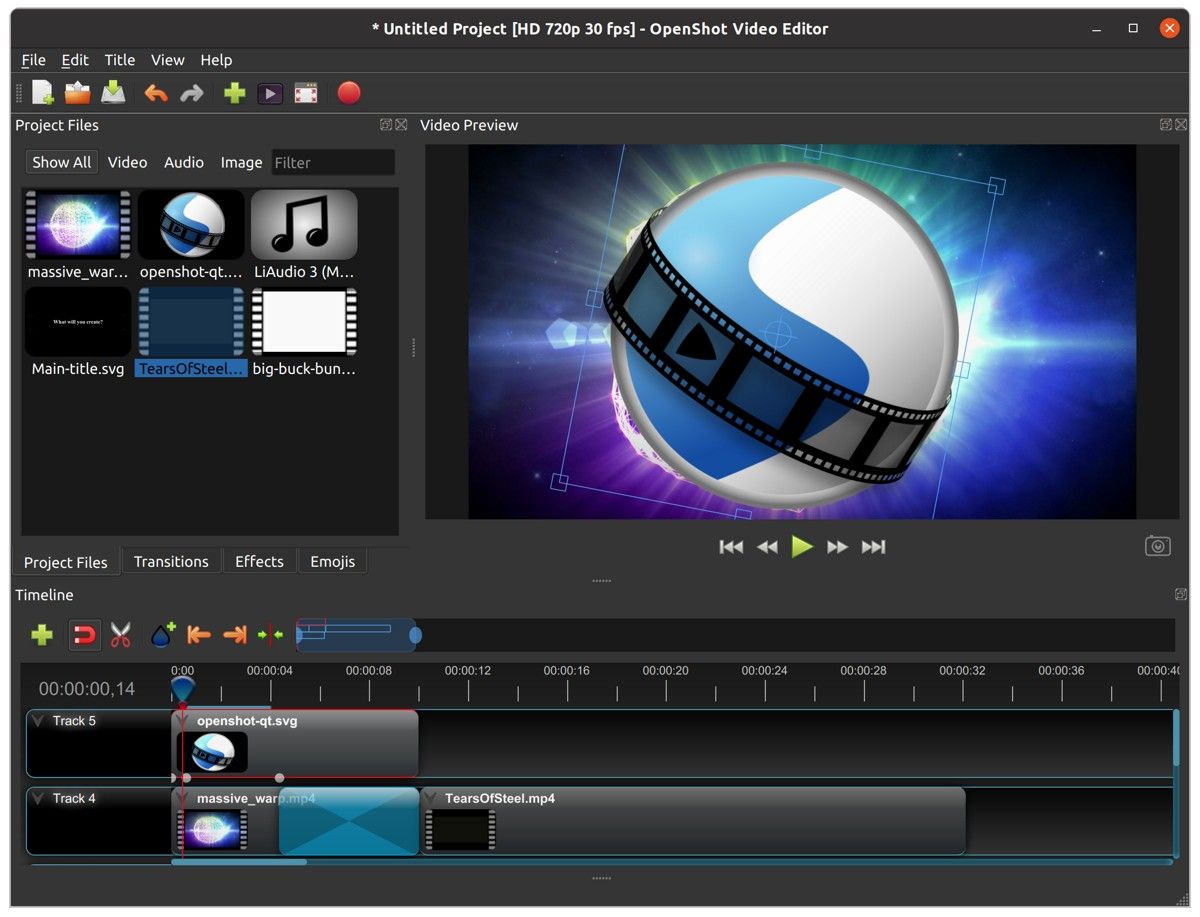
OpenShot has just announced - after more than one year in the making - a new major release of the project. It brings a lot of new changes (in fact, it has over 1000 improvements and fixes, they say). The most significant improvements are support for 4k/HiDPI displays, support for Blender 3.3, stability and memory usage improvements, the ability to export multiple clips simultaneously, enhanced video playback performance, and timeline & usability improvements. There are also new export presets, such as GIF, but also MP3 audio-only, a Youtube 2K preset and a 4K one, MKV, and more. You can now also split the project into clips and then export all of those clips at the same time. Finally, something that’s often overlooked is the documentation. OpenShot’s User Guide was quite old and outdated. By this release, that has changed: there’s now a page to cover all OpenShot screens, all screenshots have been updated to be high-quality, and there are pages explaining how to use the editor. All of this is also now available as a PDF!
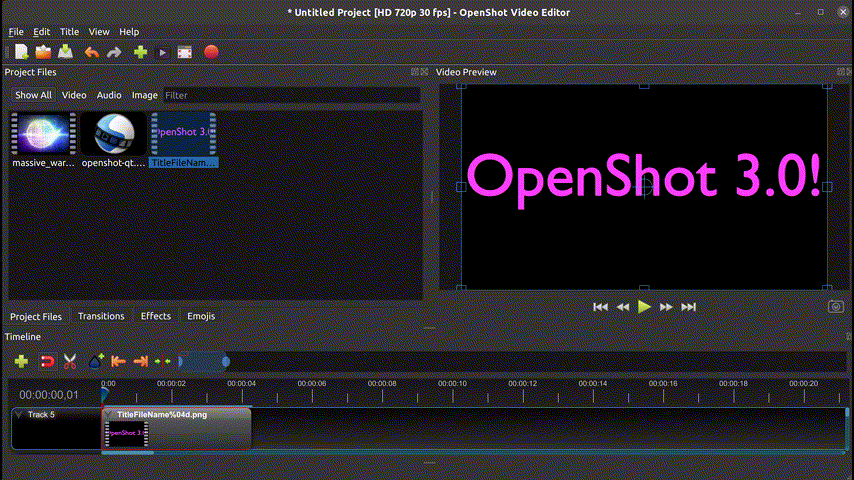
Deepin releases version 20.8 with new "Home" app
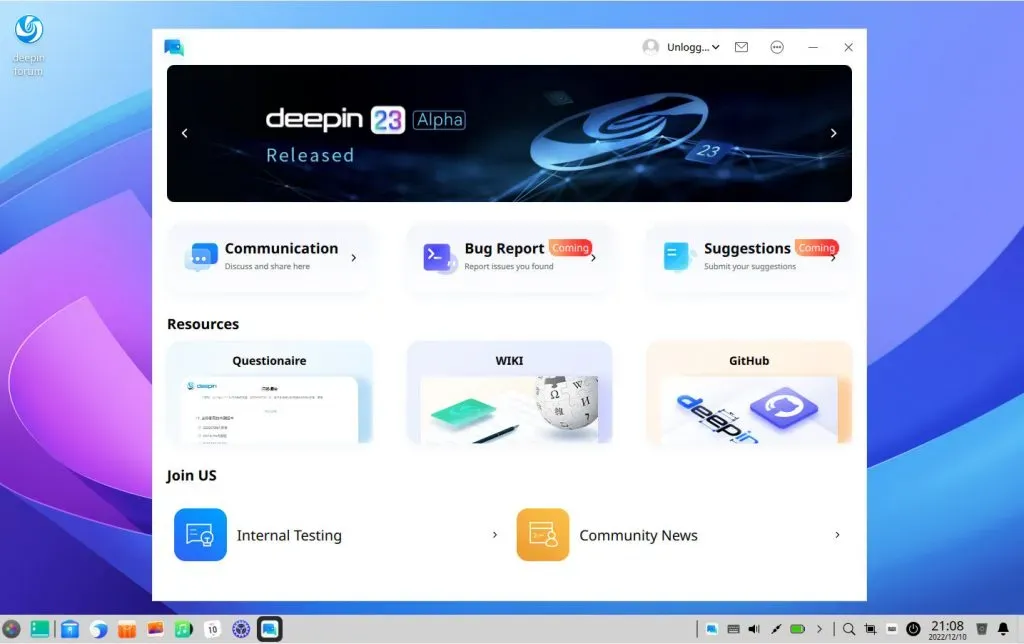
Whilst still working on the next major release of Deepin, 23, they’ve also announced a minor release for the current one. The most interesting change is the introduction of a “Home” app that’s supposed to help you interact with the Deepin community developers; a pretty interesting choice, since few other projects seem to have this kind of application. On the default screen, we get quick links to the Deepin forum, the Deepin bug tracker to report bugs, but also a section to suggest changes. These last two buttons, however, are labeled as “Coming”. You also get a link to a questionnaire, the project’s wiki, and github. Finally, you can join internal testing of the latest versions and read the community news. All of these things were available by using a web browser already, but having a dedicated app that links to them all in one place might help users out in joining the community. Other changes in this update include faster opening of Wine apps from the app store, and the native file manager getting the “format” option in the context menu.

New release of KDE Gear (= new KDE apps!)
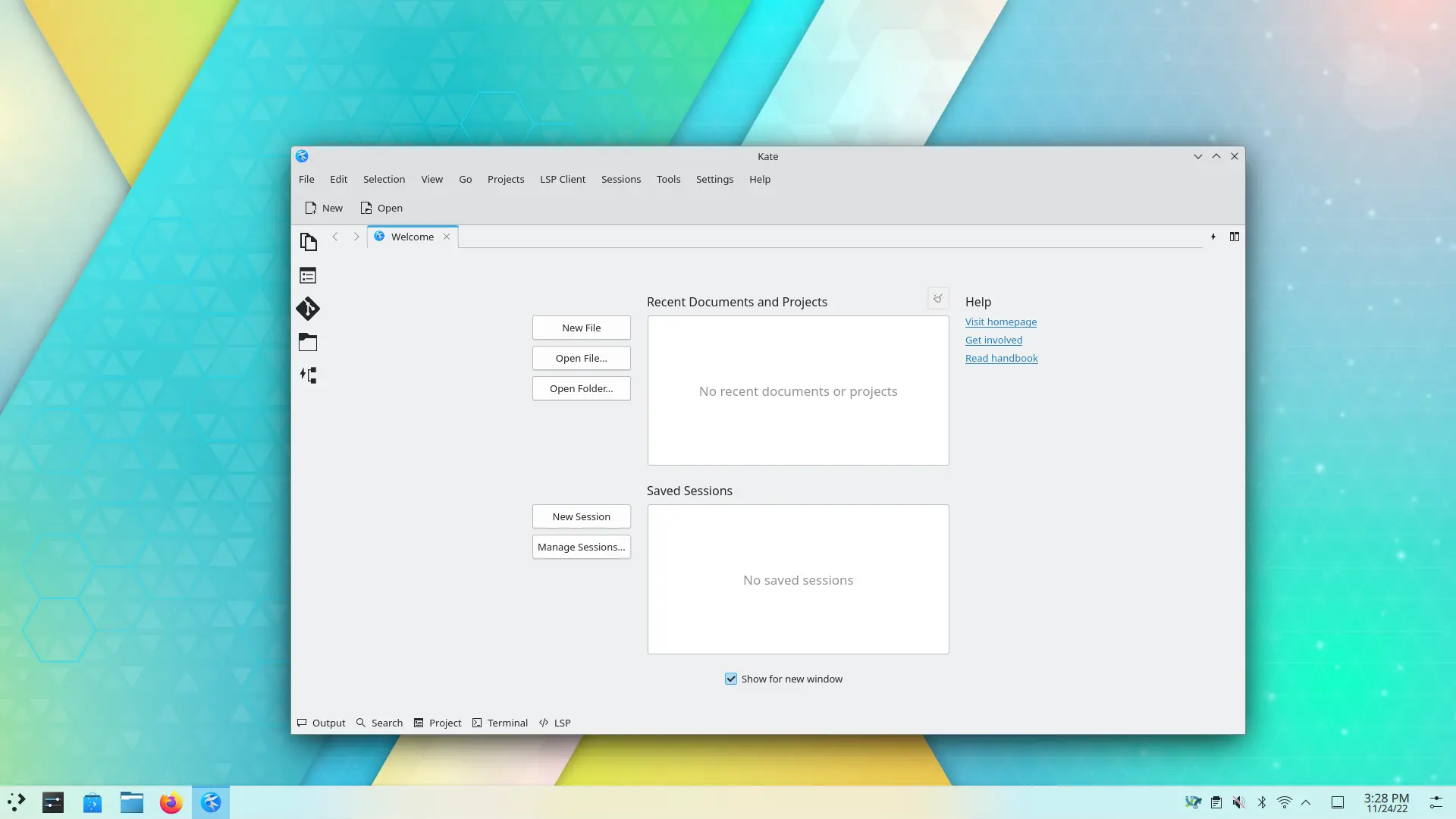
The KDE Gear is the name under which almost all KDE apps go by; they have a synchronized release schedule so that there can be an announcement for all of them in one go. And we just got one! In the latest release, Dolphin gets a “selection mode”. You enter it by pressing spacebar and it allows you to easily select multiple files and act on them (copy, cut, etc); something that’s particularly useful if you have one-click-opens-file by default, or if you’re using a touchscreen computer. KDE Connect now supports inline message replies in notifications. That is, if you get a notification from a messaging app on your phone, you’ll see it on your desktop too, and you’ll be able to answer directly from the notification. Gwenview can also do some basic image editing by changing brightness, contrast, and gamma. Kate and KWrite get a new welcome screen that shows recent files and sessions, and you can switch the look to a hamburger menu instead of a menubar if you’re a fan of that. Kdenlive also now supports the hamburger menu as an opt-in and has improved its integration with other video applications. As an example, you can now export timeline clips to the Glaxanimate vector animation utility. Kalendar has introduced a new “basic” mode for views that help out with making the application performant even on low-end devices. The look of the even view has improved too and is now inside of a popup. And there’s even more! If you’re more of a KDE Plasma type of person, though, the next release will be in mid-February.

Firefox releases version 108
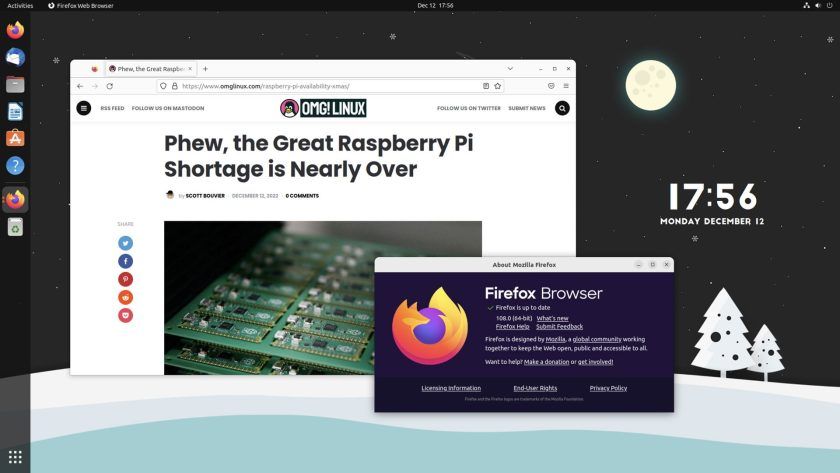
This is the last Firefox update of this year! The biggest feature is the support for the WebMIDI API. That is, Firefox (or, the webpages inside of it) will now be able to interact with MIDI devices connected to your computer. This is a nice new feature that Chrome previously implemented but that’s still lacking in Safari. Other changes in this update include better handling of non-ASCII characters when saving and printing PDFs, a new shift+esc shortcut to open the process manager, and support for seamless video looping on supported websites. Finally, Firefox previously blocked some graphic drivers for security reasons; with this release, there is a refactor of the WebRender driver which will have an “allow by default” policy. This should allow Firefox to run on more devices than before.

Valve is paying more than 100 Open Source developers to work on Proton, Mesa, and More
At the last KDE Akademy, we discovered that Valve is currently collaborating with KDE (via BlueSystems) to sponsor some work on the desktop and applications; and they had already hired a KWin developer to work on these technologies. One could wonder, at this point, what else is Valve sponsoring. According to an interview released to the Verge by Griffais, Valve is in fact sponsoring more than 100 open-source developers to work on a variety of components in their stack, such as the Mesa graphics driver and Vulkan. This really shows how much the company is giving back to the free software community as a whole.
Read the entire interview here.
Pine announces new low-end Linux tablet
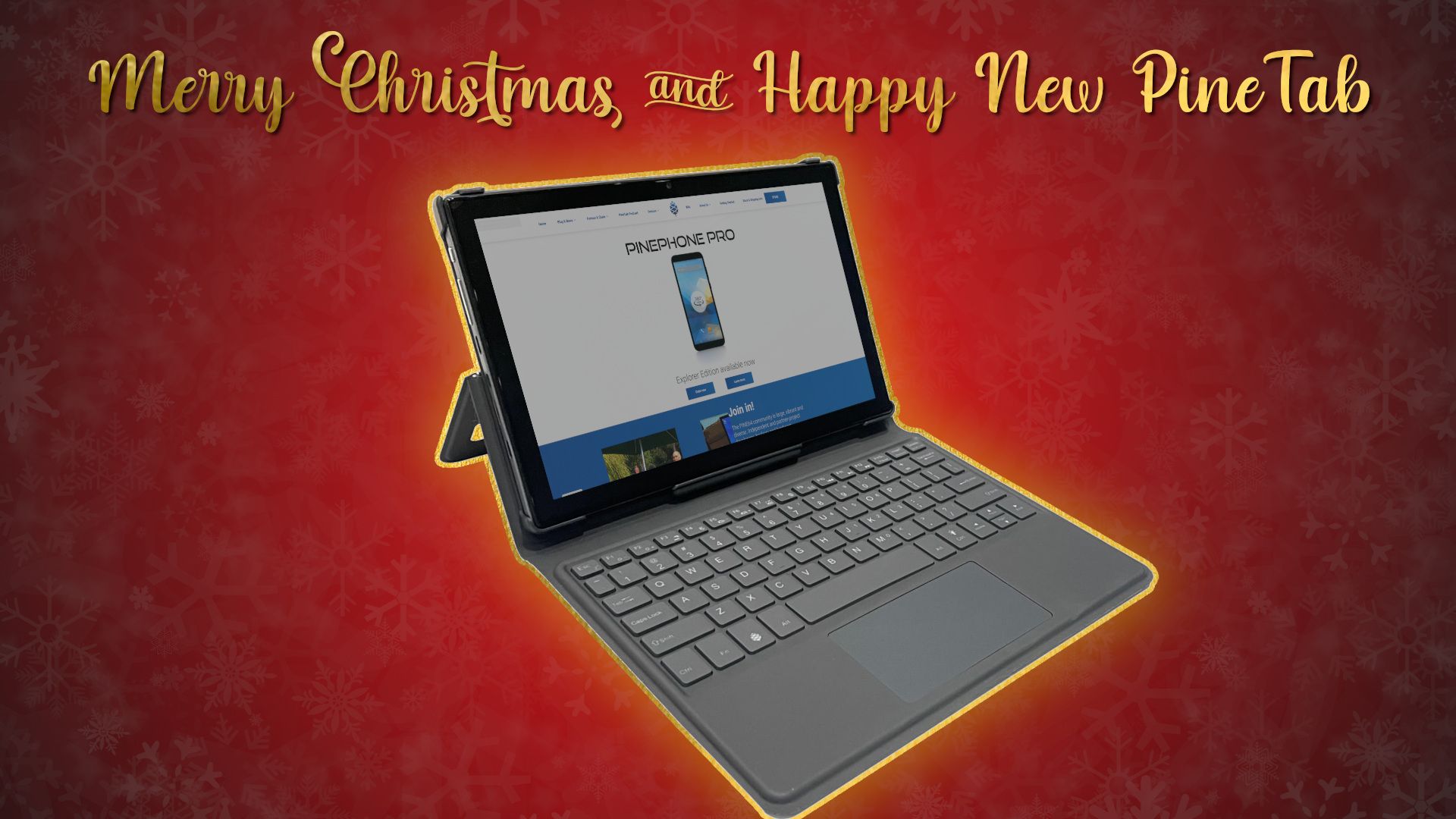
The original PineTab went wrong. It was originally conceived in 2018 and was available to order two years later; by coincidence, the year of the pandemic. This put the hardware production chain in great difficulty; eventually, the company preferred to shift its efforts into making the PinePhone available to order.
By the time production could resume, it was clear that the internal components of the PineTab could be improved. Pine has thus preferred to work on redesigning the PineTab into the "PineTab 2", which was just recently announced. Not only it uses a newer generation of SoC, but the chassis was also revamped and is now metal and sturdy (whilst still being easy to disassemble). There's also a keyboard that acts as a cover too included out of the box; the base model will ship with 8GB RAM and 128GB flash, with no definitive date yet.
If you just can't wait, prototypes will be shown at FOSDEM (the annual free and open-source conference) early next year.





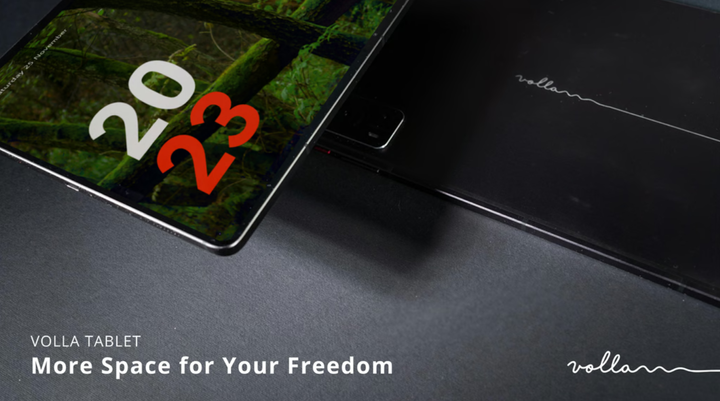
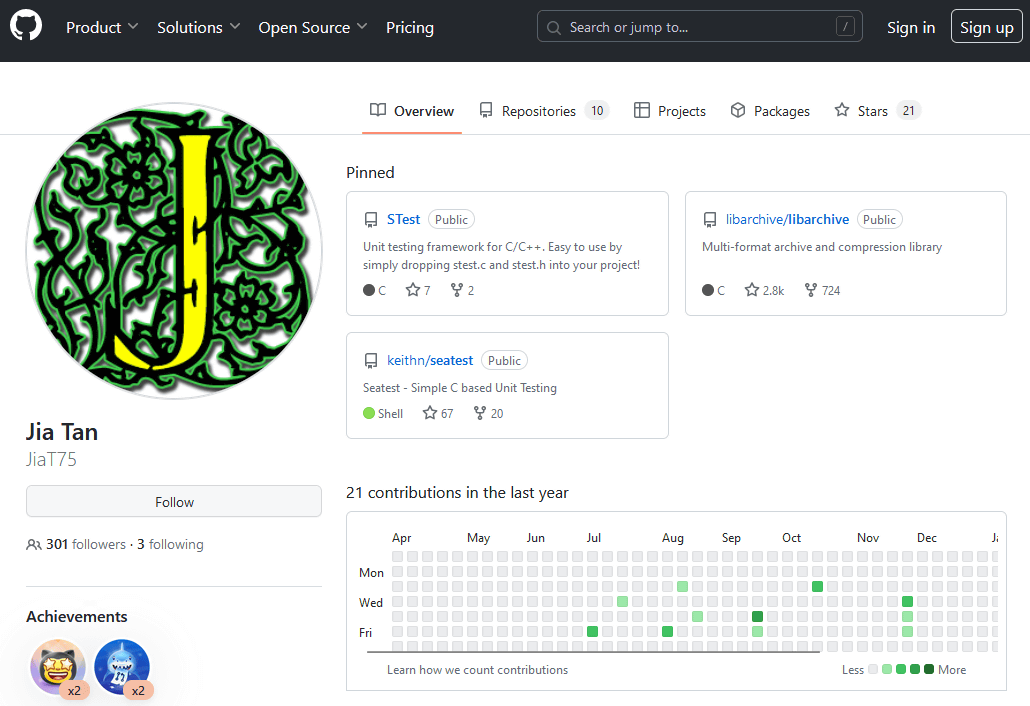
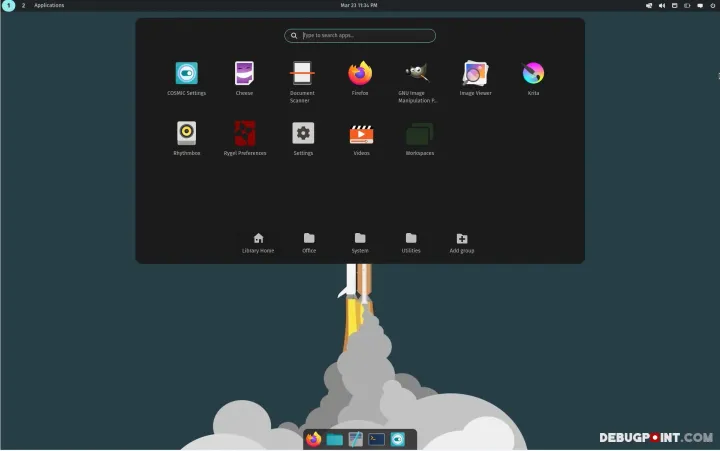
Comments ()